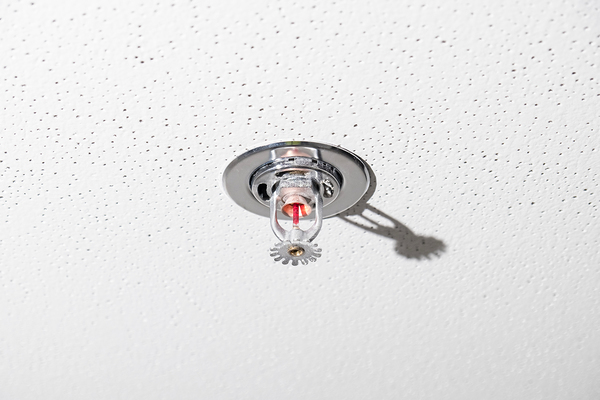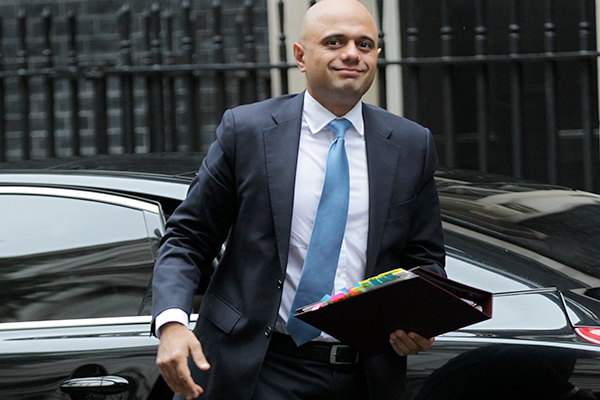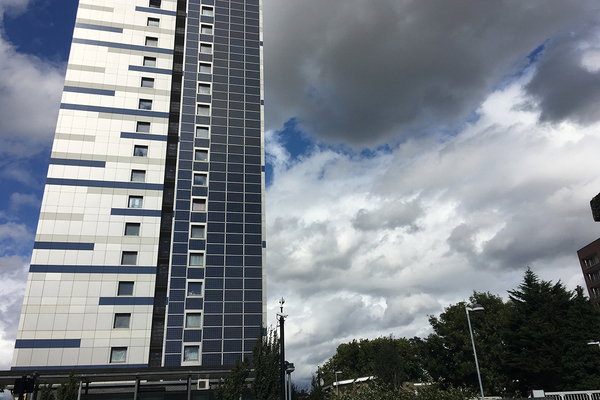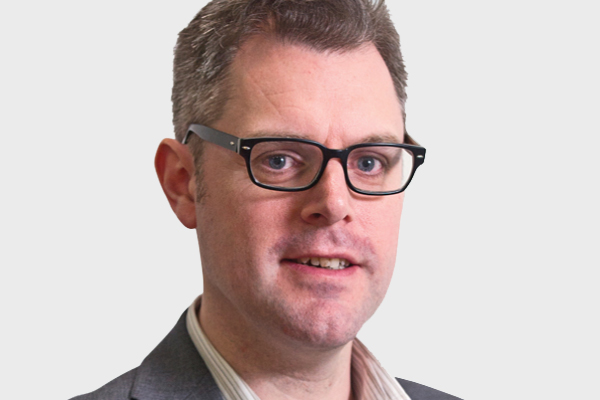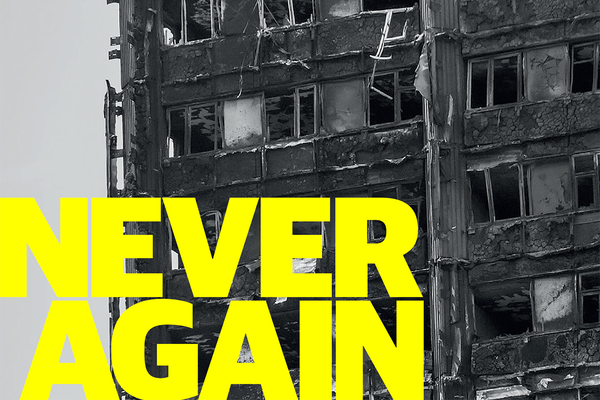Government 'will allow borrowing flexibility but not grant' for fire safety work
Councils may be allowed increased borrowing freedoms and the power to switch funding from general funds to pay for fire safety work to high rises, but the government will not provide direct funding.
This was the position revealed by communities secretary Sajid Javid during a grilling by members of the Communities and Local Government Committee yesterday afternoon.
Mr Javid confirmed that 31 local authorities have asked for assistance paying for safety measures and that the government is in “detailed discussions” with six of those.
He said the government was considering giving extra Housing Revenue Account (HRA) borrowing flexibilities to the councils, and requests from “one or two” for a one-off transfer to be made from their general funds into their HRA, which is normally ringfenced. However, he said the government was not planning to provide grants for works.
Inside Housing’s Never Again campaign calls on the government to fully fund the retrofitting of sprinklers in high rises.
Mr Javid came under scrutiny from committee member Helen Hayes, Labour MP for Dulwich and West Norwood, about how the government was responding to councils’ funding requests.
The government has repeatedly said councils with “concerns about funding essential fire safety measures” should request financial assistance.
Speaking yesterday, Mr Javid said: “In terms of what is essential work, I think they as the legal owners of the buildings they are responsible to keep those safe, and whatever ultimately they decide is essential. As long as they’ve genuinely thought about it and what is required then they should determine that, I shouldn’t determine that.
“I don’t want to second guess any local authority. Of course they should be taking advice from their local fire and rescue service and potentially experts and then once they’ve taken account of their advice they should determine what’s essential.”
But Ms Hayes referred to a letter sent by housing minister Alok Sharma to Nottingham City Council, revealed exclusively by Inside Housing, which refused the authority’s request for help to pay for sprinklers on the basis that the measures were “additional rather than essential”.
She said: “It would seem in that case it is in fact the government which is making a decision as to what it regards as essential rather than additional, and government is not accepting the local authority’s plea that those works are indeed essential.”
Mr Javid said he was not familiar with that particular case. Mr Sharma, sat next to Mr Javid, did not comment.
Later in the session, Mr Javid admitted that paying for fire safety work could impact councils’ other housing-related plans.
He said: “It could in some cases have a knock-on impact on other plans local authorities have. Local authorities are free to raise that with us, but I cannot guarantee to a local authority that they don’t have to reprioritise work, I mean they will have to do that.”
He added that this issue would be taken into account by the Social Housing Green Paper.
Never Again campaign
Inside Housing has launched a campaign to improve fire safety following the Grenfell Tower fire
Never Again: campaign asks
Inside Housing is calling for immediate action to implement the learning from the Lakanal House fire, and a commitment to act – without delay – on learning from the Grenfell Tower tragedy as it becomes available.
LANDLORDS
- Take immediate action to check cladding and external panels on tower blocks and take prompt, appropriate action to remedy any problems
- Update risk assessments using an appropriate, qualified expert.
- Commit to renewing assessments annually and after major repair or cladding work is carried out
- Review and update evacuation policies and ‘stay put’ advice in light of risk assessments, and communicate clearly to residents
GOVERNMENT
- Provide urgent advice on the installation and upkeep of external insulation
- Update and clarify building regulations immediately – with a commitment to update if additional learning emerges at a later date from the Grenfell inquiry
- Fund the retrofitting of sprinkler systems in all tower blocks across the UK (except where there are specific structural reasons not to do so)
We will submit evidence from our research to the Grenfell public inquiry.
The inquiry should look at why opportunities to implement learning that could have prevented the fire were missed, in order to ensure similar opportunities are acted on in the future.
